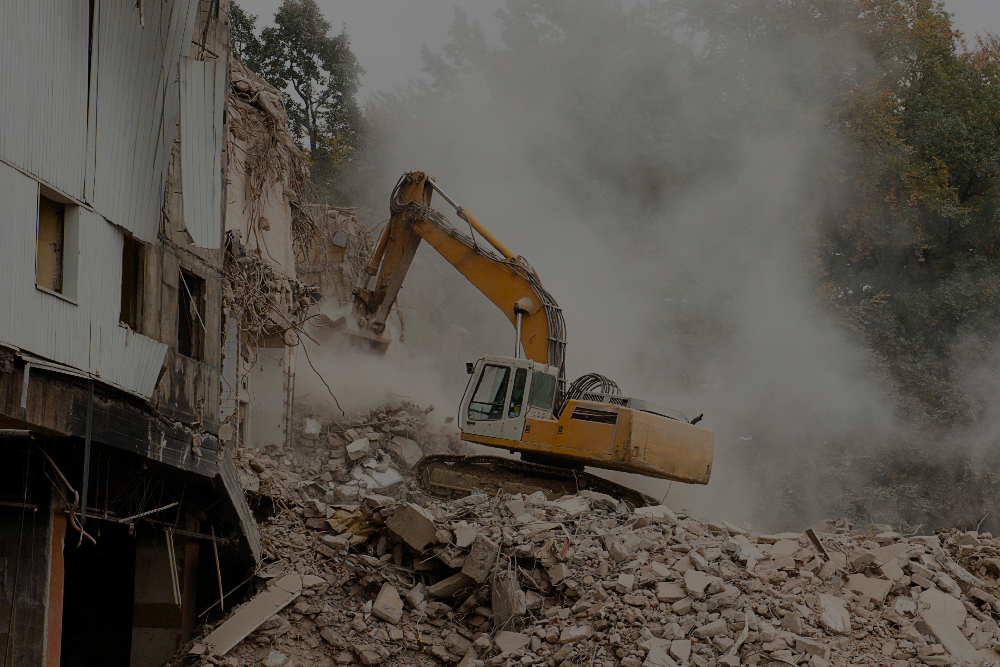
Does rape have a statute of limitations? The answer to that question depends on a few factors, not the least of which is state law. The question of how long a person has to report sexual assault is also critical for survivors seeking justice.
The laws governing the time period (statute of limitations) vary widely across states due to differing legislative priorities, societal views on trauma, and evolving understandings of how trauma affects survivors of childhood and adult sexual assault. In states like California and Hawai’i, recent legal changes have expanded options for survivors.
Why Statutes of Limitations Vary
The statute of limitations for sexual assault differs by state based on factors like:
- the severity of the crime
- the victim’s age
- evidence availability
For instance, serious felonies like rape often have longer or no time limits compared to lesser offenses, as states prioritize justice for severe crimes. Some states extend deadlines for cases involving minors, recognizing that trauma may delay disclosure.
Advocacy has also driven reforms, with states like California and Hawai’i revising laws to accommodate survivors’ needs. Additionally, advancements in DNA evidence have prompted some states to extend or eliminate time limits when new evidence emerges, impacting the rape statute of limitations.
We can help.
Changes in Hawai’i Law
In Hawaii, the statute of limitations for sexual assault varies by case type. For childhood sexual abuse, civil claims must be filed within 8 years of the survivor turning 18 (age 26) or 3 years from discovering that psychological injuries were caused by the abuse, whichever is later.
Criminal prosecutions for first- and second-degree sexual assault and continuous sexual assault of a minor under 14 have no time limit, which ensures that perpetrators can face charges at any time. However, other felony sex crimes have a 3- to 5-year limit.
Efforts to extend civil statutes, like House Bill 483, have faced challenges due to concerns over evidence degradation, but advocacy continues to push for longer windows to accommodate survivors’ healing processes.
Changes in California Law
California has significantly reformed its statute of limitations for sexual assault to better support survivors. For adult survivors, under California Civil Procedure Code § 340.16, those assaulted on or after January 1, 2019, can file civil claims within 10 years of the assault or 3 years from discovering related injuries.
A temporary “lookback window” (January 1, 2023, to December 31, 2026) allows survivors of pre-2019 assaults to file claims that would otherwise be time-barred, thanks to the Sexual Abuse and Cover-Up Accountability Act (AB 2777).
For childhood sexual assault, as of January 1, 2024, California eliminated the statute of limitations for civil claims (California Code of Civil Procedure § 340.1). This allows survivors to file at any time. Previously, survivors had until age 40 or 5 years from discovering trauma-related injuries. These changes reflect California’s commitment to addressing delayed reporting and institutional cover-ups, ensuring legal options remain open years later.
Why Survivors Delay Reporting
Survivors often delay reporting sexual assault due to emotional, psychological, and social barriers. A few examples include:
- Fear of retaliation, shame or not recognizing the assault as a crime can silence victims, particularly when the perpetrator is known. Eighty percent of rapes involve someone the survivor knows, and the number is higher, 93 percent, for juveniles.
- Childhood survivors may repress memories or only understand the abuse’s impact in adulthood, with studies showing 60 to 80 percent of childhood sexual abuse survivors delay disclosure by an average of 20 years, sometimes up to 50.
- Trauma-related issues like PTSD, depression or substance abuse, which affect survivors at higher rates, further complicate timely reporting.
These factors highlight why flexible statutes are crucial.
Legal Options for Adult Survivors of Childhood and Adult Sexual Assault
For adult survivors of childhood sexual assault, California’s removal of civil statutes for post-2024 cases and Hawaii’s extended deadlines provide significant opportunities.
The rape statute of limitations and broader statute of limitations for sexual assault in California and Hawai’i reflect a growing recognition of survivors’ challenges. California’s progressive reforms, including eliminated limits for childhood abuse and extended windows for adult survivors, contrast with Hawaii’s more conservative approach, though both states prioritize flexibility for delayed reporting.
Support and Resources for Sexual Assault Survivors
Survivors in both states have viable legal options, supported by resources like RAINN, the Sex Abuse Treatment Center of Hawai’i and firms like Galiher Law, which offer guidance on navigating these complex laws. Consulting an experienced attorney is critical to understanding specific deadlines and pursuing justice, ensuring survivors can reclaim their voices, no matter how much time has passed.
How We Help Adult Survivors of Sexual Assault
You deserve justice. Our experienced sexual assault attorneys represent adult survivors with compassion, discretion, and strength. For decades, our sexual abuse law firm has fought powerful institutions that failed to protect or intentionally harmed others. If you’re ready to talk, we’re ready to listen—and help.






